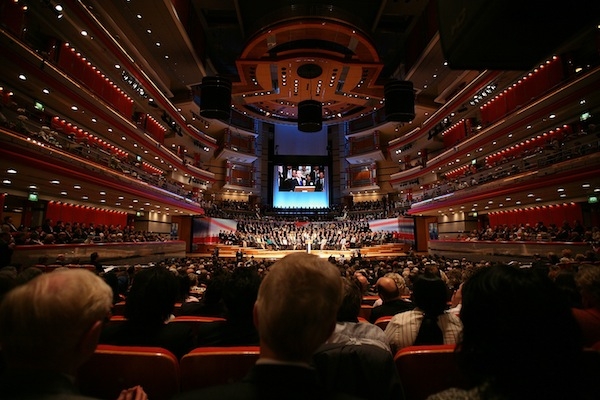The party conference season is now underway, with Lib Dems gathering in Brighton. It’s time to admit that our political parties are in a bad way, and this has nothing to do with voter apathy. Britain’s political culture is bursting with life, it’s the parties that are dying. This will be horribly apparent in the conferences. David Cameron couldn’t even fill the hall for his speech last year, the first time in living memory that this happened. This is no reflection on his (usually excellent) speeches but the decay of conferences in general. Since they moved to the cities, they became geared at those with expense accounts rather than membership cards. Last year just a quarter of the 30,000 who turned up to the conferences were card-carrying members and the rest lobbyists, journalists or others with a working interest. This is a serious problem in our democracy, and one worth fixing. I look at it for my Daily Telegraph column today. Here are my main points.
1. Britain has strikingly unpopular parties. Just 1 per cent of the electorate are members of a political party — a third of what it was 25 years ago and now the lowest in Western Europe. England, the mother of all parliaments, somehow ended up serving up the least appetising menu in Western Europe. The parties themselves don’t worry about this too much, we have to choose between one of them on election day and many regard this as a civic duty. But for the last three elections, the real winner was the Abstention Party – that is to say, more people stayed away than voted for the winning party. This never happened before 2001.
2. Voters are not apathetic, just underwhelmed. Brits do join things, if the cause is good enough. The Royal Society for Protection of Birds has more members than all of our political parties put together. Over the last two decades, the National Trust’s membership has doubled while the Tory Party’s membership has plunged by 80 per cent. A recent Ipsos MORI poll showed 58 per cent saying the are interested in politics, the highest since the survey began. Even the trade union movement is doing better than political parties: there’s about 7.3 million of them now, almost as many as in the 1950s. Tory membership stands at under a tenth of what it was in the 1950s, and Labour is not much better.

3. Minority parties are seeing membership rise. The ‘others’ in those opinion polls are doing better. But not that well: all are below 20,000 and the Lib Dems are around 60,000.
4. Enter the upstarts: 38 Degrees and the TaxPayers’ Alliance. They started in 2009 and 2004 respectively. The TPA now has more supporters than the Lib Dems have members (and raises as much money from them). 38 Degrees is proving a brilliantly effective leftist pressure group, with more than a million names on its database. They make this into a digital army of campaigners, who can be mobilised on fuel tax, NHS closures, etc. Their modern campaigning methods put the dowdy Westminster parties to shame.
5. The solution is obvious. The Westminster parties are not trying hard enough: they look at the opinion polls and their percentage vote share, not at membership numbers. There not enough focus on how to excite and enlist abstainers. They should be learning from the upstarts on how to engage and enthuse people, and incorporate some of the new causes. Peter Oborne has spoken about a ‘triumph of the political class’: the rise of the party manager, who see Britain through the columns of spreadsheets and ask: how do we win suburbanites in the southwest? How to woo women in the north? Party conferences used to be events where earthier, ruder questions were posed, like: who is this party for? Why should anyone join us?
6. There is all to play for. There are political mission that can enthuse voters: school reform, welfare reform, all missions all about changing Britain forever and for better. The problem comes in persuading them that a political party is a vehicle worthy of support (and donors’ money). And yes, you can circumvent this problem by agreeing state funding. But would that be right? Isn’t it better to rebuild a party with a proper grassroots membership? Any party leader looking out from a podium at an audience of lobbyists, unionists and journalists should could not help but pine for a real audience. The party conference is dying.
When Tony Blair took over Labour he inspired a 50 per cent rise in membership. This would later fall away, but it shows that there is nothing inevitable about party decline. The British voters have seldom had a greater appetite for decent political ideas. A great prize awaits the party that can provide them.







Comments